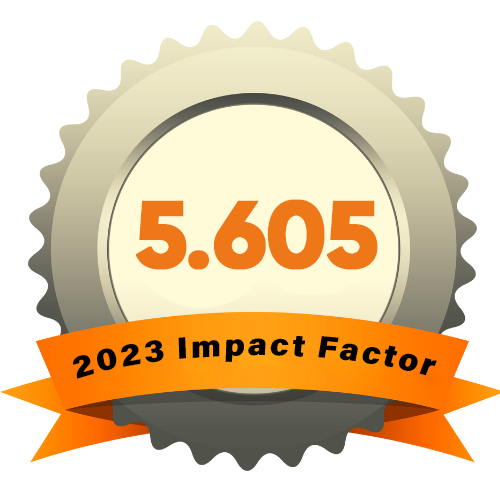PROFESSIONAL ETHICS: MODERN VALUES AND ITS ROLE IN PEDAGOGY
Keywords:
morality, morals, professional ethics, moral collisions.Abstract
In the multipolar, multi-temporal, contradictory development of society, new modes of morality like moral relations, moral values and moral regulation are formed, different from traditional types, characterized by a high degree of elasticity, variability, metamorphoses of their manifestations. In these conditions, professional ethics play a special role as goal-setting and norm-setting systems that provide a synergetic effect of the progressive development of the spiritual and moral sphere of society, the activation of human vitality, and the resolution of social problems.
References
Okara A.N. «Innovative modernization as a new idea // Values and meanings. » 2009
Huseynov A.A. «Introduction to Ethics»
Bakshtanovsky V.I., Sogomonov Yu.V. «Professional ethics: sociological perspectives» // Sociological research. 2005
Keefer M. & Ashley, K.D. (2001) Case-based Approaches to Professional Ethics: A Systematic Comparison of Students' and ethicists' Moral Reasoning. Journal of Moral Education
Callahan, D. (1980) Goals in the Teaching of Ethics, in: Callahan, D. & Bok, S. Teaching Ethics in Higher Education. Plenum, New York
Published
Versions
- 2022-12-13 (2)
- 2022-12-12 (1)














